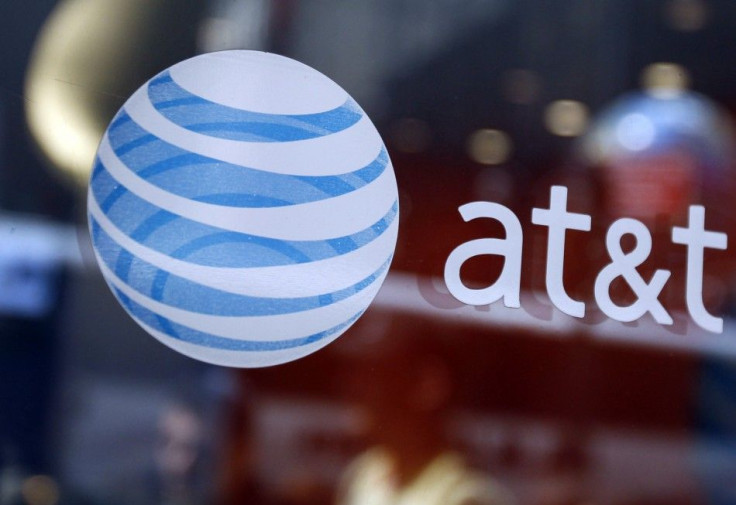AT&T Phantom Data Suit On Hold Pending SCOTUS Decision

A class action suit filed against AT&T's wireless division for phantom data charges will have to wait for a decision from the Supreme Court before proceeding.
A California man, Patrick Hendricks, filed a lawsuit against AT&T in February, saying the company was engaged in systematic overcharging. The suit calls AT&T's billing system a rigged gas pump, that overstates data usage by small amounts that add up over the course of a monthly billing cycle. The plaintiff said the phone (an iPhone) was registering data usage even when it was turned off. AT&T said it has ways for customers to resolve billing disputes already and does its best to allow customers to track data usage.
This week the U.S. District Court for the Northern District of California granted a stay in the case -- basically putting it on hold -- until the U.S. Supreme Court rules on another dispute between AT&T and a wireless customer.
In AT&T v. Concepcion, originally filed in 2006, Vincent and Liza Concepcion, a California couple, filed suit against AT&T because they were charged $30.22 for a free phone. The money was a fee that they said was not disclosed to them beforehand. The couple contends that AT&T violated California's consumer protection laws.
AT&T's cell phone contracts has a clause that forbade customers from bring or taking part in class actions, and only allowed for individual arbitration claims. Arbitration claims are made outside the court system, and often offer a simpler and cheaper way for parties to resolve disputes than lawsuits.
The courts in California said that provision was unconscionable, which essentially means that it is so unfair that it can't be enforced, as it would essentially prevent anybody from bringing suits against companies that had injured them.
AT&T is arguing that Federal laws that encourage arbitration pre-empt state laws that allow for class actions. Allowing the Concepcions to file a class action would undermine arbitration agreements in California. The Concepcions argue that many states have provisions like California's and the state law does not discriminate against arbitration.
If the California decision is struck down then it could make it more difficult for plaintiffs to file class actions in cases of overbilling, as in the phantom data case. The contract signed with AT&T could limit people to claiming the relatively small amounts individually, and the cost of litigation could deter customers from filing suits. Upholding the California court's decision would make it easier for Hendricks' suit to go forward.
Phantom data has been a problem for other smartphones as well. Windows Phone 7 has had reports of transmitting such data and running up huge bills when linked with the Yahoo! mail client. If the Hendricks suit proceeds other carriers might also find themselves vulnerable to suits.
A decision is expected by June.
To contact the reporter responsible for this story call (646) 461 6917 or email j.emspak @ ibtimes.com.
© Copyright IBTimes 2024. All rights reserved.





















